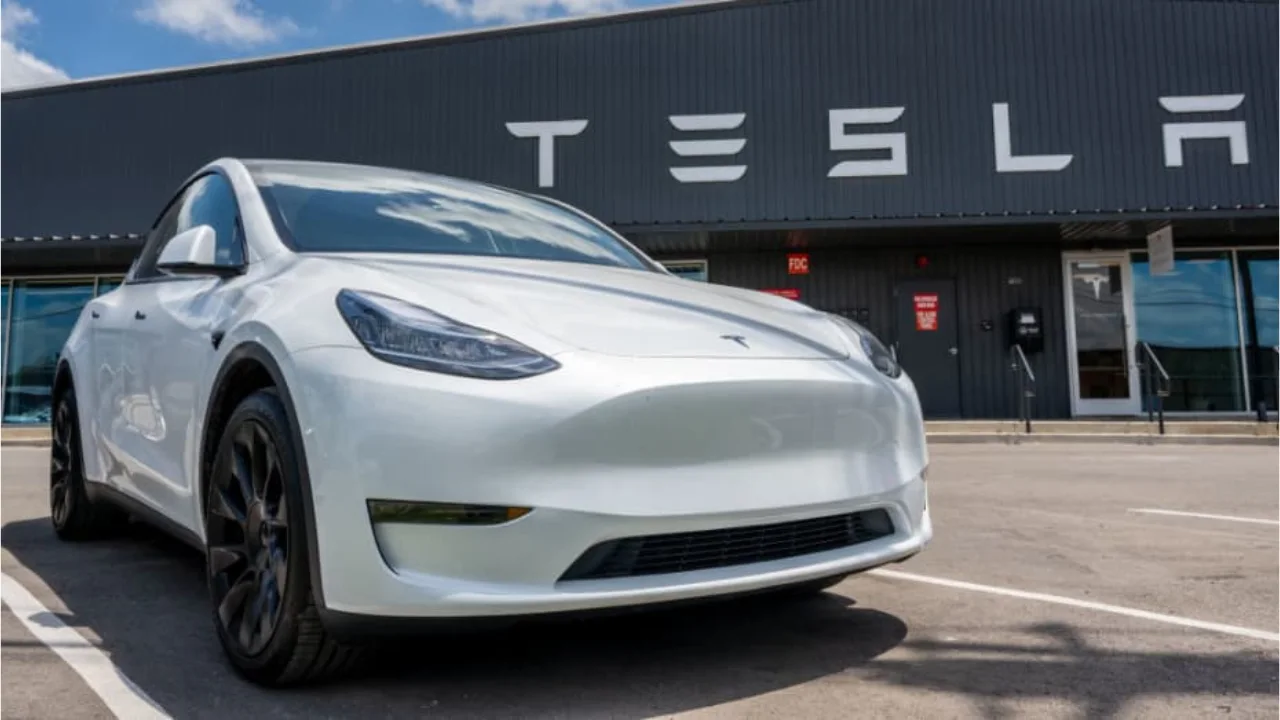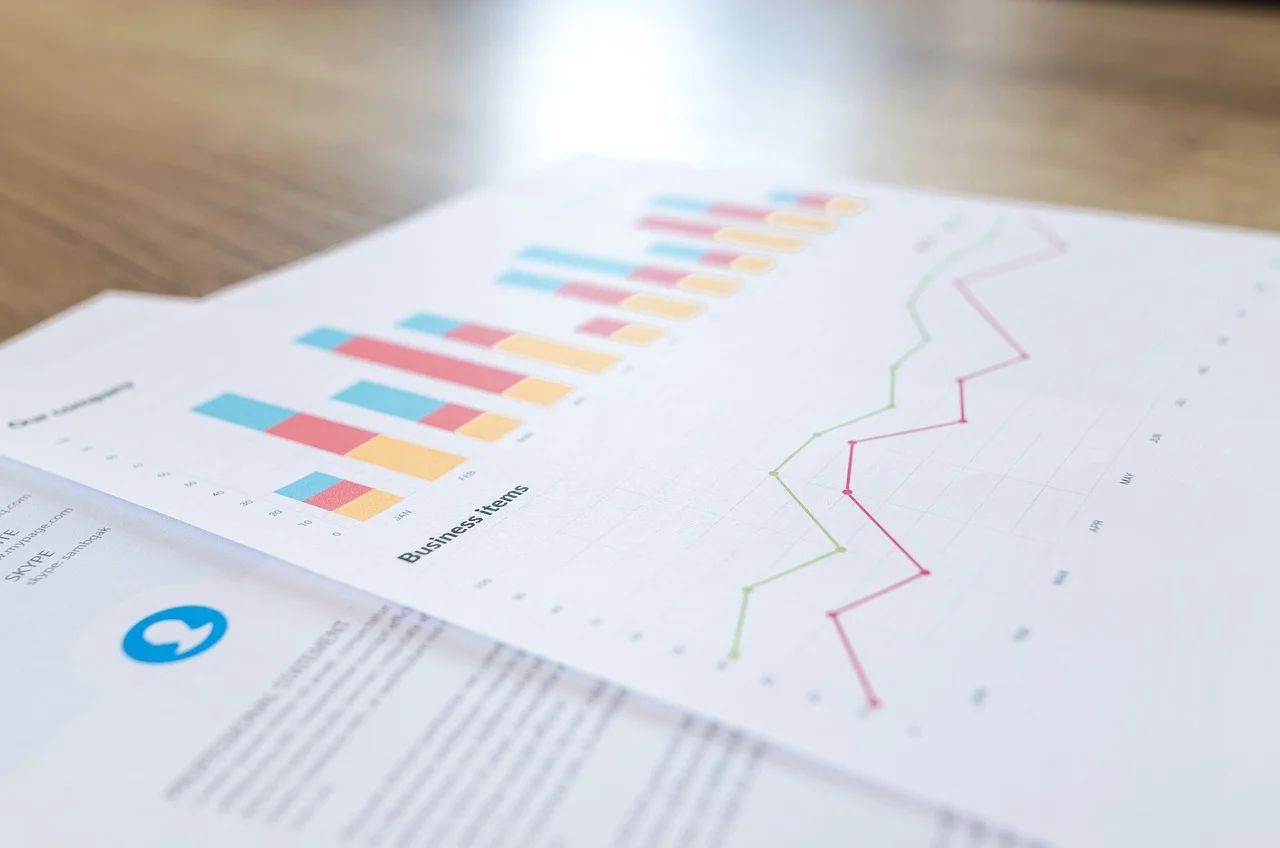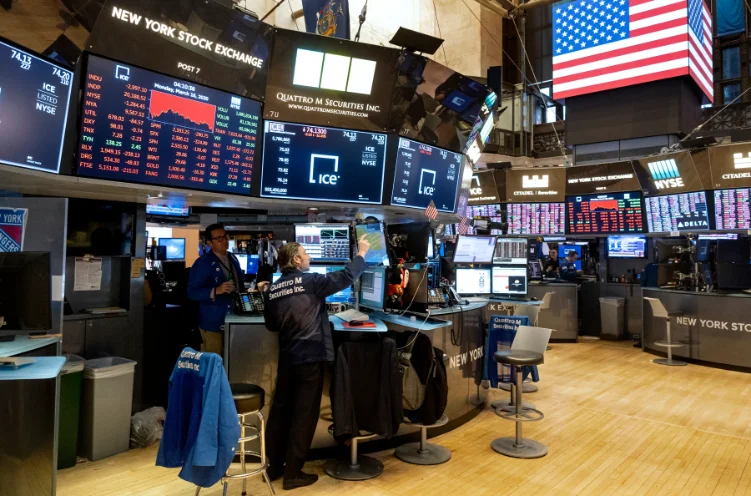One car company is in the spotlight amid an investigation into electric vehicles coming from China to the European Union, and that’s Tesla Inc.
As authorities gathered information for an EU anti-subsidy investigation regarding Chinese EVs, it became evident that Tesla, among other companies, may have benefited from subsidies, as per insiders.
Tesla’s stock saw a 1.6% drop in premarket trading.
The investigation’s purpose is to figure out if and to what extent China has subsidized Tesla and local manufacturers like BYD Co., SAIC Motor Corp., and Nio Inc. If necessary, actions will be taken to ensure fair competition in the EU’s industry, according to individuals familiar with the matter who preferred not to be named when discussing confidential matters.
The investigation that European Commission President Ursula von der Leyen announced on September 13th could significantly impact the competitive landscape in the world’s second-largest electric vehicle (EV) market, following China. Both sides have reasons to proceed cautiously: The EU risks exposing its manufacturers to potential backlash, while the bloc serves as an appealing export destination for Chinese companies dealing with excess production capacity.
Tesla began exporting Model 3 sedans from its Shanghai factory in late 2020, just a year after commencing production at its first overseas car plant. By July 2021, the company considered this facility its primary hub for exporting vehicles.
From January to July of this year, Tesla sold around 93,700 vehicles made in China in Western Europe. This accounts for approximately 47% of its total deliveries in the region, according to Schmidt Automotive Research. The next largest exporter of Chinese-made EVs to Europe was SAIC’s MG, with approximately 57,500 registrations.
Tesla, BYD, and SAIC have chosen not to provide comments on the matter. Last week, Nio’s co-founder and president Qin Lihong stated that they have no intention of violating any market regulations related to subsidies. The European Commission has not yet responded to requests for comments.
Tesla has enjoyed certain privileges in China that other international companies struggled to obtain. Notably, they were allowed to fully own their operations in the country, without the need for a local joint venture partner. They’ve also benefited from tax breaks, affordable loans, and various forms of assistance, which have made China their most significant market after the United States.
Now, the European Union is taking a closer look at these and other types of support that China provides to its domestic manufacturers. This includes credits from state-owned banks, capital from state investment funds, and access to land and electricity. Chinese carmakers also receive subsidies in related sectors along the value chain, such as for batteries and software.
The investigation will also cover certain European companies like BMW AG and Renault SA, which have joint ventures with Chinese manufacturers. It will encompass all carmakers producing in China and exporting to the EU.
There’s been no immediate response from BMW, and Renault hasn’t commented either.
After gathering initial evidence to kickstart the investigation, the EU plans to engage with relevant authorities, including those in China, and companies to determine if subsidies are affecting EU producers in any way.
In previous investigations in different sectors like e-bikes and fiber-optic cables, the EU found subsidy margins ranging from 4% to 17%, as reported by insiders.
Even a small advantage matters in the car industry, where profit margins are thin. Europe is putting pressure on the industry to transition to electric vehicles as part of its broader Green Deal initiatives. The EU has set standards requiring car manufacturers to reduce CO2 emissions from new passenger cars by 55% by 2030 and eliminate emissions completely five years later.
There’s growing worry in Europe that its companies are falling behind both Tesla and Chinese counterparts when it comes to electric vehicles (EVs) and battery technology. This concern poses a risk to the EU’s car industry, which accounts for nearly 14 million jobs directly and indirectly.
European businesses are expressing apprehension about potential retaliation and trade disputes that might arise from the EV investigation. They fear that Beijing could respond in various ways, including restricting access to its enormous market, even in unrelated industries, or reducing exports of crucial raw materials that European manufacturers rely on.
The electric vehicle dispute was a significant topic during the recent visit of the EU’s trade chief to China. The European Commission’s Valdis Dombrovskis, an executive vice president who has been slammed by Beijing as “a blatant act of protectionism,” sought to mend the relationship and lessen any unfavorable effects of the inquiry





